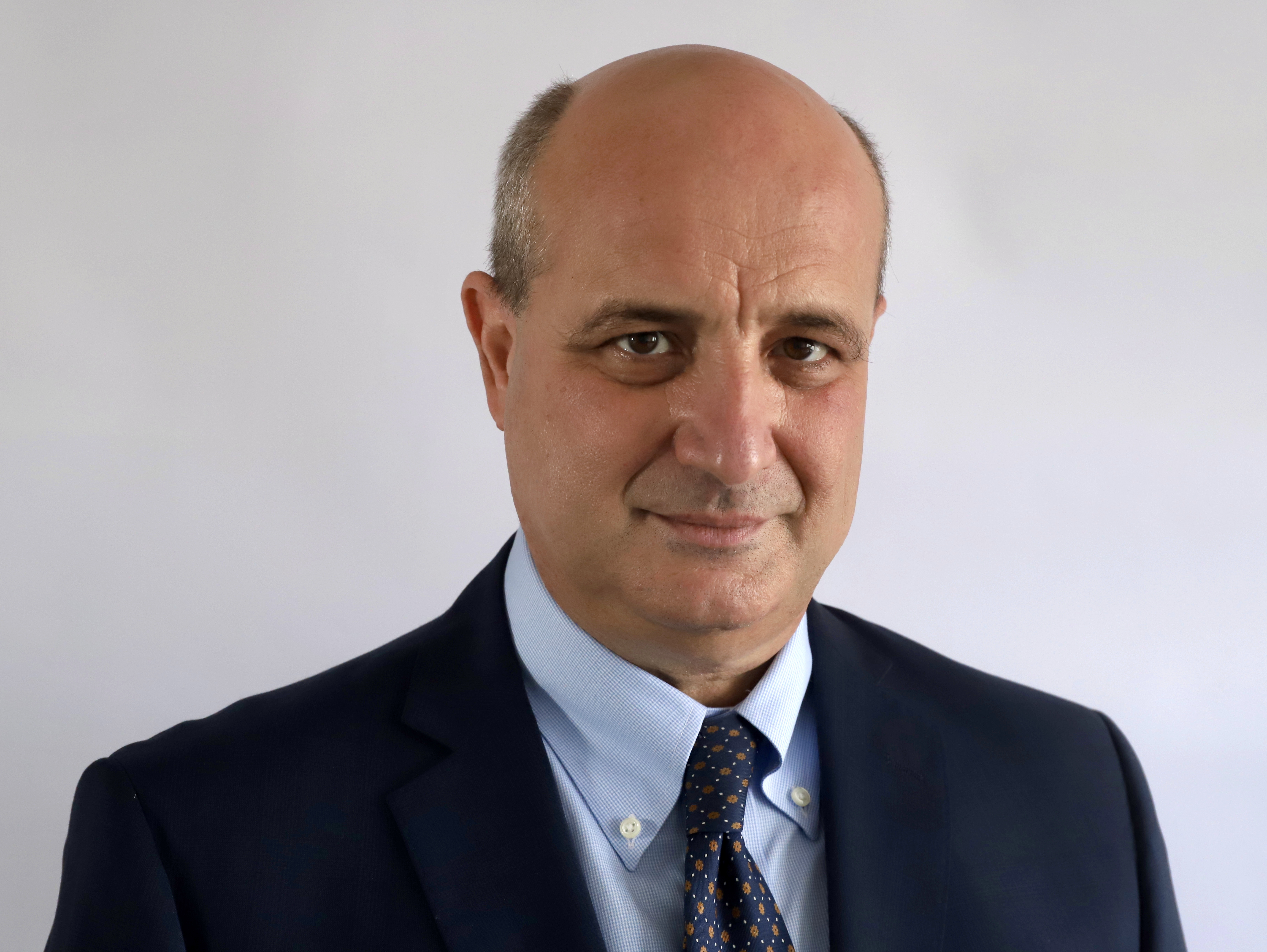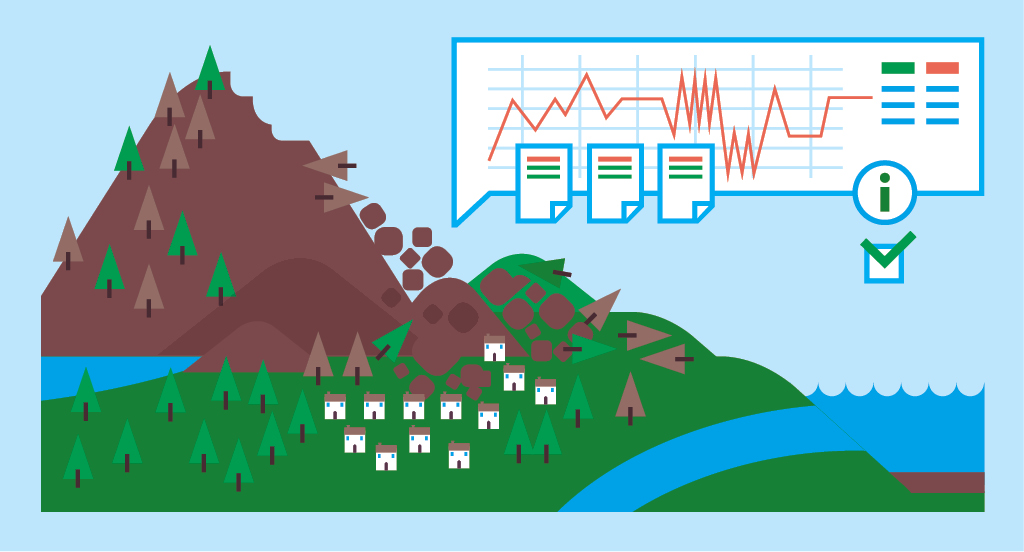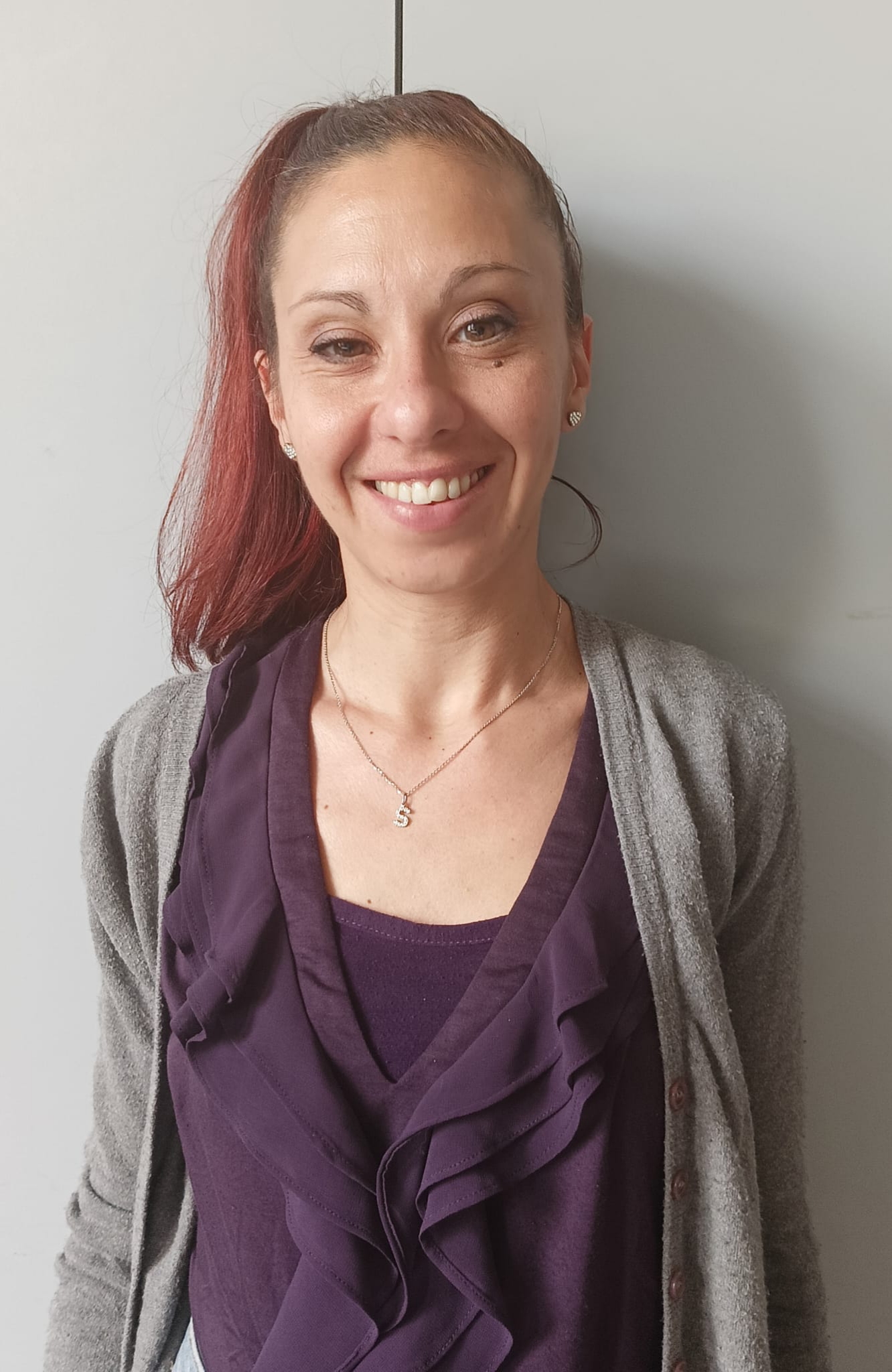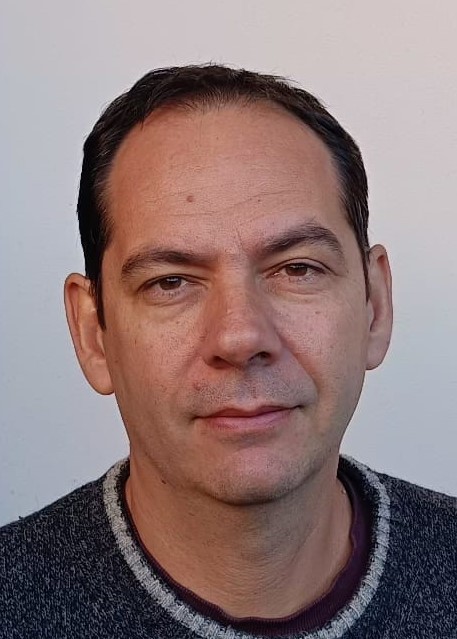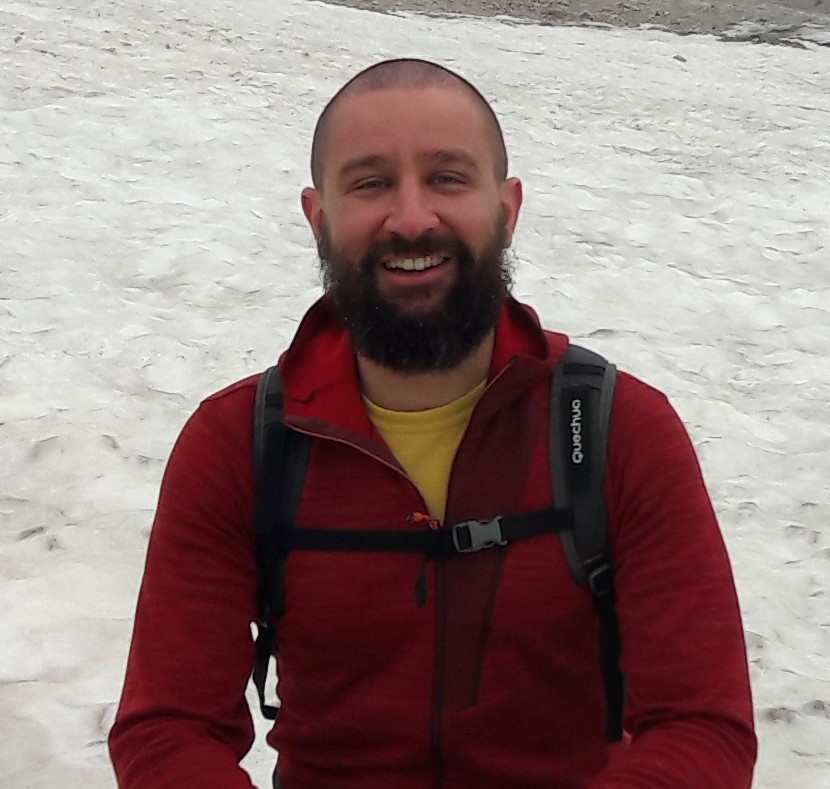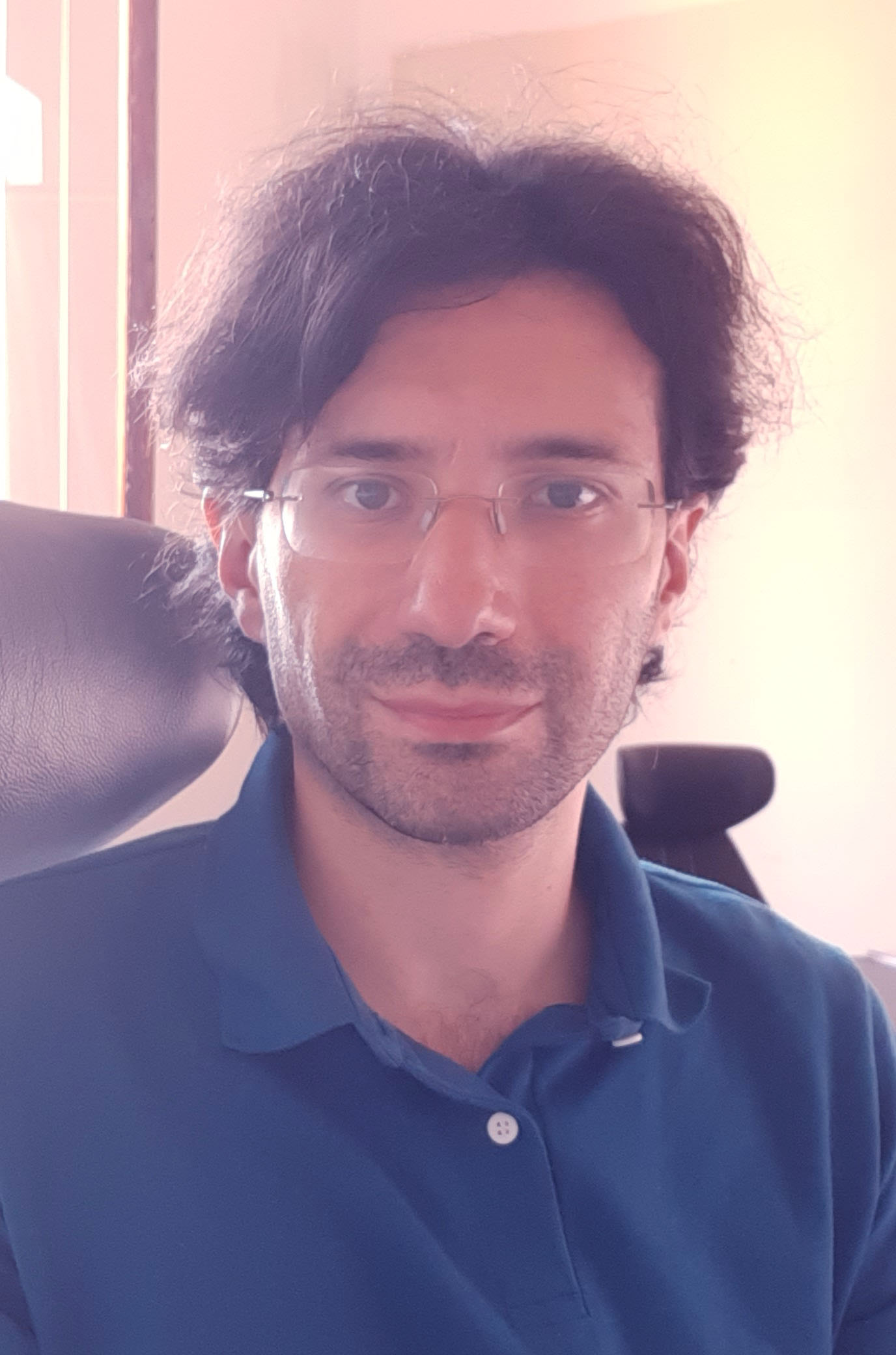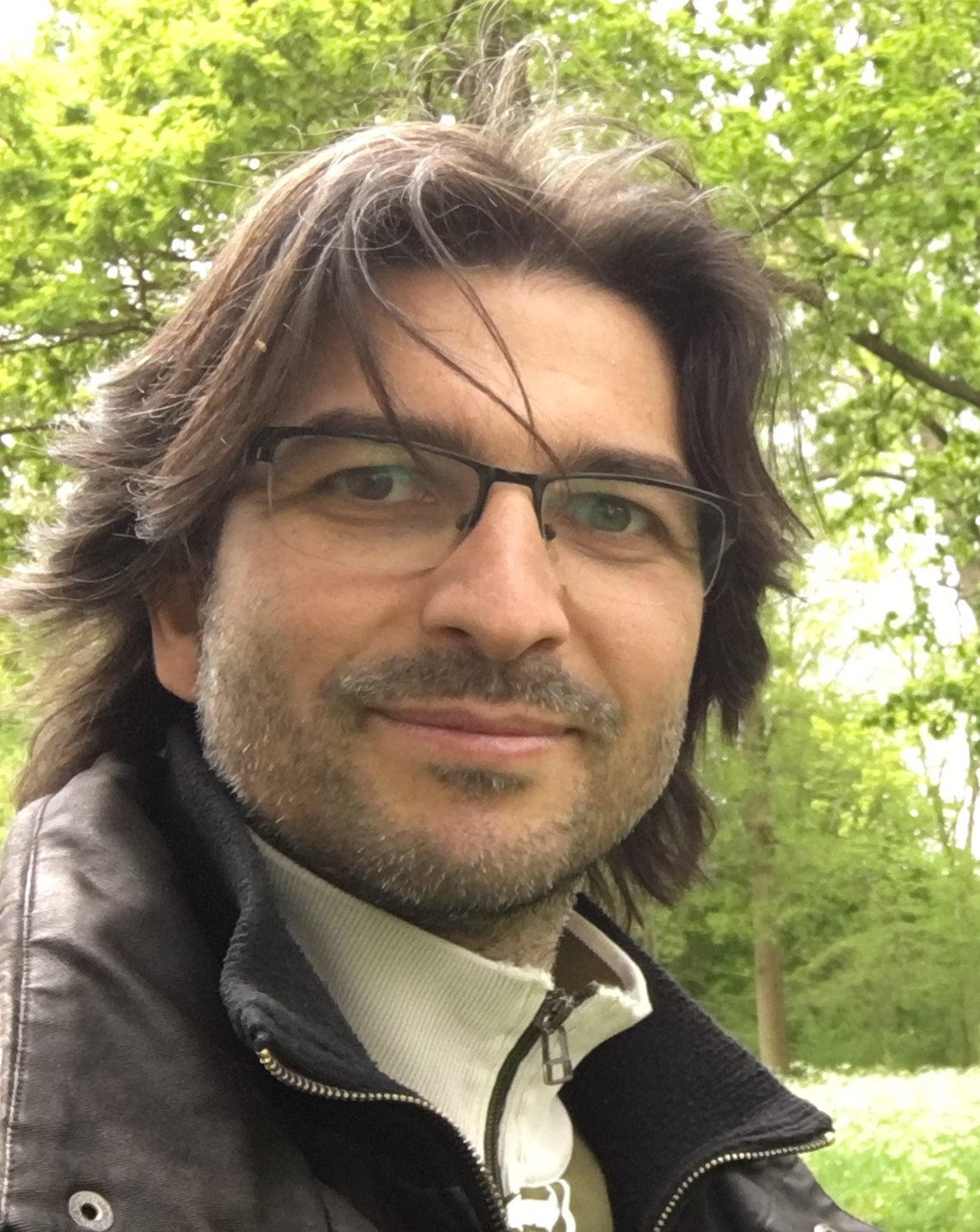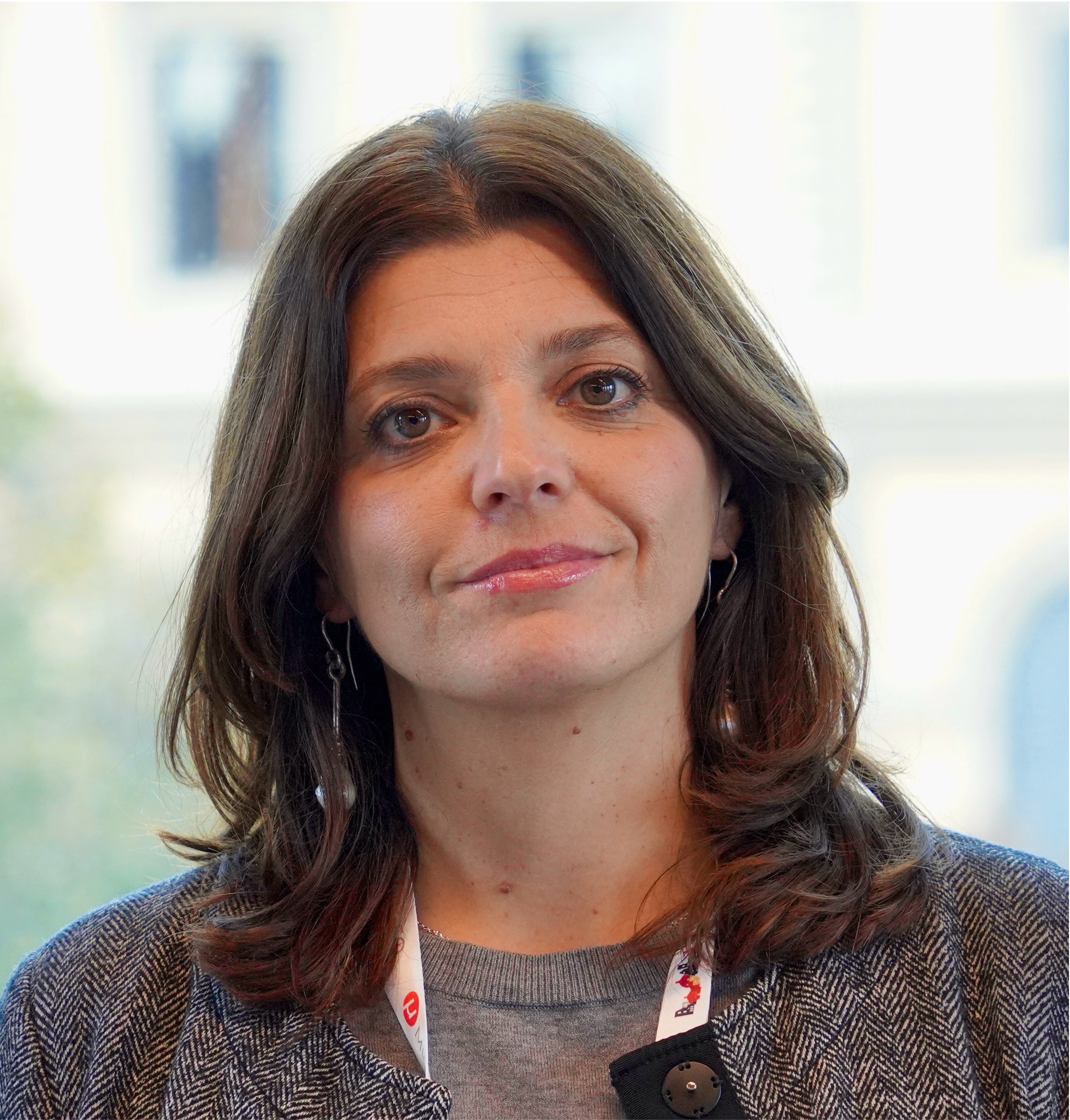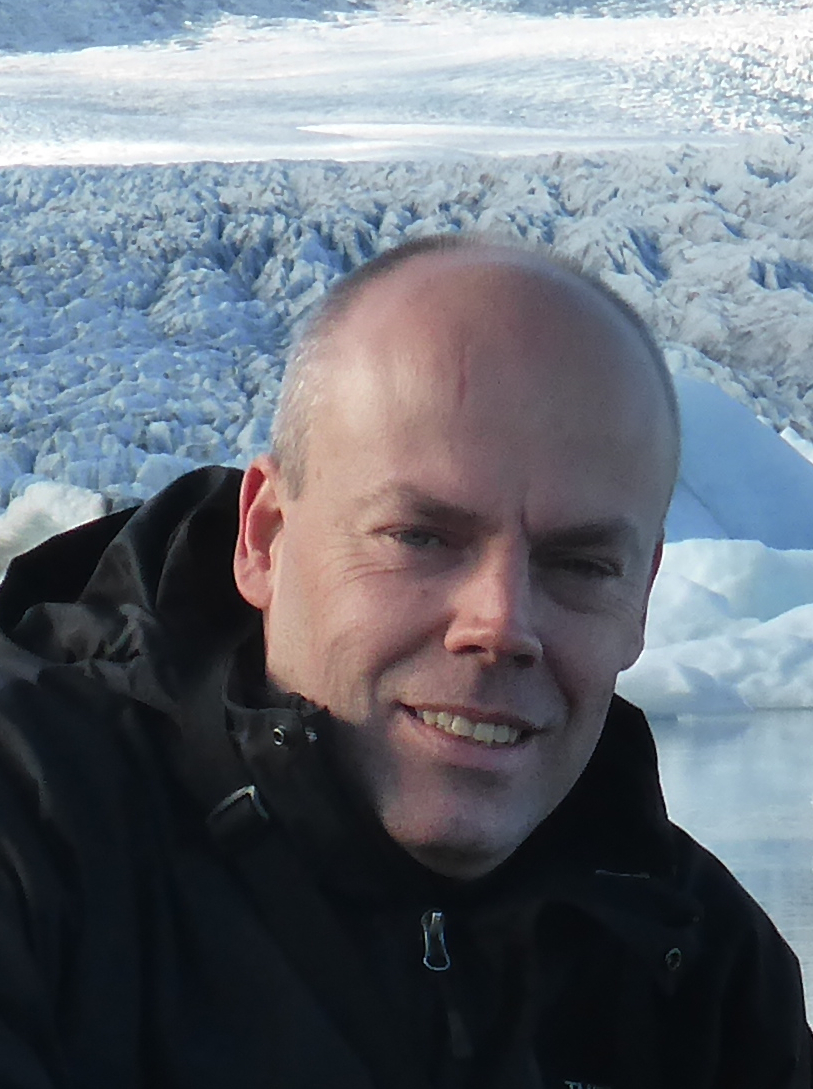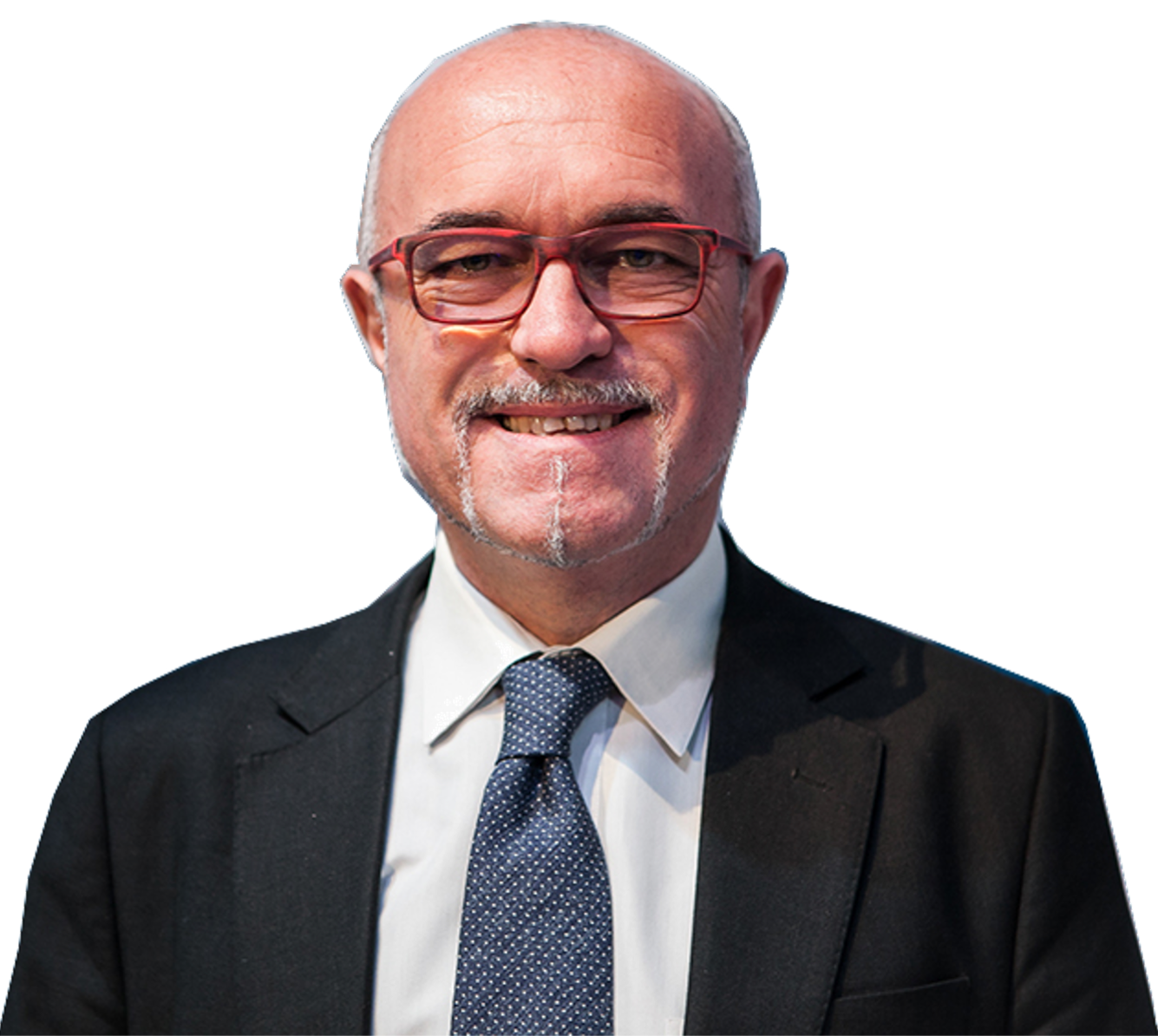Veronica Tofani, female, is Associate Professor of Engineering Geology at the Department of Earth Sciences of the University of Firenze and Deputy Chairholder of the UNESCO Chair on Prevention and Sustainable Management of Geo-hydrological Hazards of the University of Florence.
She owes a Degree in Geology and PhD in Engineering Geology.
Her research mainly concerns geohydrological hazard and risk assessment, landslide mapping, monitoring and prediction, prevention and mitigation of geo-hydrological hazards affecting cultural heritage sites.
Vice-president of the International Consortium on Landslides (ICL) for the period 2019-2023 and secretary general World Landslide Forum (www.wlf6.org), held in Florence in November 2023
She has participated, also with responsibility roles, in international and national projects, funded by EU, World Bank, UNESCO and national and regional institutions. She is active in several international consortia such as ICL (International Consortium of Landslides), ICGdR (International Consortium of Geo-disaster Reduction) and DAGRI (Global Alliance of Disaster Research Institutes).
She has received several scientific awards such as: 2004 Winner of EGU Med-Storm Prize for young researchers; 2017 Best presentation award at the 15th International Symposium on Geo-disaster Reduction; 2018 Best paper award for the journal Geoenviromental disasters; 2019 Best paper award of Remote sensing journal for the “Remote Sensing 10th Anniversary Best Paper Award”.
She is author of more than 80 papers on international journals in the field of landslide hazard and risk and landslide prediction, mapping and monitoring.
Olivier Dewitte
Olivier Dewitte, a geographer, is employed as a senior research scientist in the Department of Earth Sciences of the Royal Museum for Central Africa (Tervuren, Belgium). With a holistic knowledge and understanding of processes and quantitative research methodologies in geomorphology, natural hazards and environmental changes, his research aims to better understand the changing landscapes of Africa and the hazards they pose.
She has participated, also with responsibility roles, in international and national projects, funded by EU, World Bank, UNESCO and national and regional institutions. She is active in several international consortia such as ICL (International Consortium of Landslides), ICGdR (International Consortium of Geo-disaster Reduction) and DAGRI (Global Alliance of Disaster Research Institutes).
More specifically, his interests are mainly focused on landslide, soil erosion and flash flood related topics in sub- Saharan Africa. His research is framed around field experience (Burundi, Cameroon, DR Congo, Ethiopia, Rwanda, and Uganda) and addresses the challenges of disaster risk reduction in data-scarce context through capacity building and cooperation activities.
ReseachGate:https://www.researchgate.net/profile/Olivier-Dewitte-2
GoogleScholar:https://scholar.google.be/citations?user=1tPXzHoAAAAJ&hl=en
Claudio Margottini
Claudio Margottini (hab. full Professor of Engineering Geology) is the former Scientific and Technological Attaché at the Italian Embassy in Egypt and presently adjunct Professor at UNESCO Chair in the University of Florence (Italy), at Galala University in Egypt and at National Research Institute for Astronomy and Geophysics (NRIAG) in Egypt. He has served at the Geological Survey of Italy (ISPRA) and, as adjunct Professor at Modena (Italy) University and Huazong University (Wuhan, China). He is currently the President of International Association for Engineering Geology and the Environment (Italian National Group).
He is trained as an Engineering Geologist (University la Sapienza, Rome, Italy, 1979, summa cum laudae) and Engineering Seismologist (Imperial College of Science and Technology, London, UK, 1983).
Extensively supporting UNESCO and other international organizations all his life long, his major field of expertise embraces the development of engineering geological techniques for the conservation and protection of Cultural and Natural Heritages. With projects in 27 Countries worldwide, during his career, he received numerous honours and awards in recognition of his services, mainly in less advantageous countries of the world.
He is the author of more than 350 publications and books.
Frequently Asked Questions
What web browser should I use?
The Open edX platform works best with current versions of Chrome, Edge, Firefox, or Safari.
See our list of supported browsers for the most up-to-date information.
Question #2
Your answer would be displayed here.
